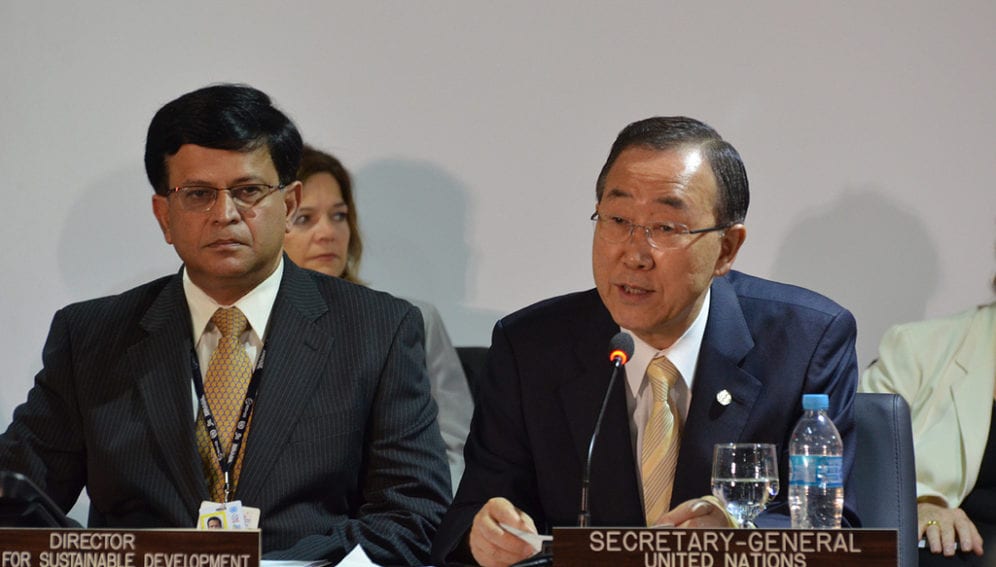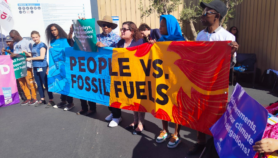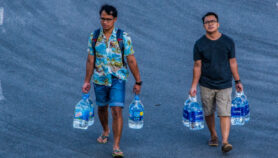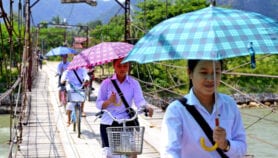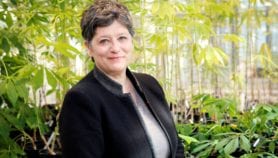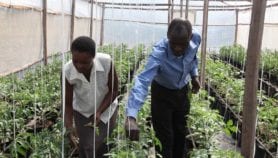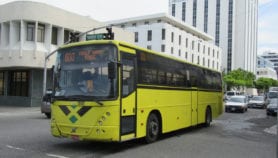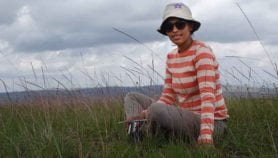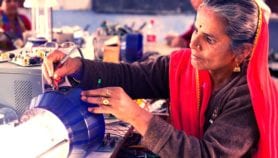By: Jan Piotrowski
Send to a friend
The details you provide on this page will not be used to send unsolicited email, and will not be sold to a 3rd party. See privacy policy.
A multidisciplinary scientific board have been appointed to advise the UN secretary-general on science, technology and innovation, it was announced last week (18 October).
The 26-strong Scientific Advisory Board, which comprises eminent physical, social and human scientists, will also work with the heads of other UN agencies to improve the quality of scientific advice related to sustainable development.
Scientific perspectives are increasingly important in politics and to inform public discussion, says Jörg Hacker, president of the German National Academy of Sciences, and a member of the panel.
“It is always good to bring these topics to the front of political discussions and this panel offers the chance to do that,” he tells SciDev.Net.
A commitment to set up the board, whose secretariat will be hosted at the UN Educational, Scientific and Cultural Organization (UNESCO), surfaced last June at the UN’s Rio+20 sustainable development conference in Brazil.
The exact details of how the board will interact with UN agencies and other relevant international organisations will be discussed when it meets for the first time early next year.
What is already clear is that, along with providing scientific advice to UN heads, the board will advise on how this information is perceived by the public. In addition, it will coordinate the sustainable development activities of the different UN agencies to ensure they do not overlap or compete.
The board will also discuss important issues and concepts, such as planetary boundaries, the limits beyond which the Earth's systems could be irreparably damaged, and other environmental thresholds. It will also identify gaps in scientific knowledge that could be addressed by research programmes outside the UN system.
Meeting formally twice a year, the board may also arrange additional hearings to allow experts to inform them on specific issues.
The flexibility to conduct focused working groups and expert sessions outside official meetings is essential if the group is to tackle specific issues in detail, says Hacker, because the diverse nature of the group means there will inevitably be a lack of shared expertise.
Board member Abdallah Daar, professor of public health sciences at the University of Toronto, Canada, sees the group’s interdisciplinarity as its great strength.
According to Daar the board will not be able to provide highly detailed analysis on specific issues — as the Intergovernmental Panel on Climate Change does, for example. Yet he says the inclusion of human and social scientists gives the panel the necessary breadth of experience to tackle complex issues regarding sustainable development.
The good mix of nationalities, genders and disciplines will ensure that a full range of views will be represented during discussions, he adds.


